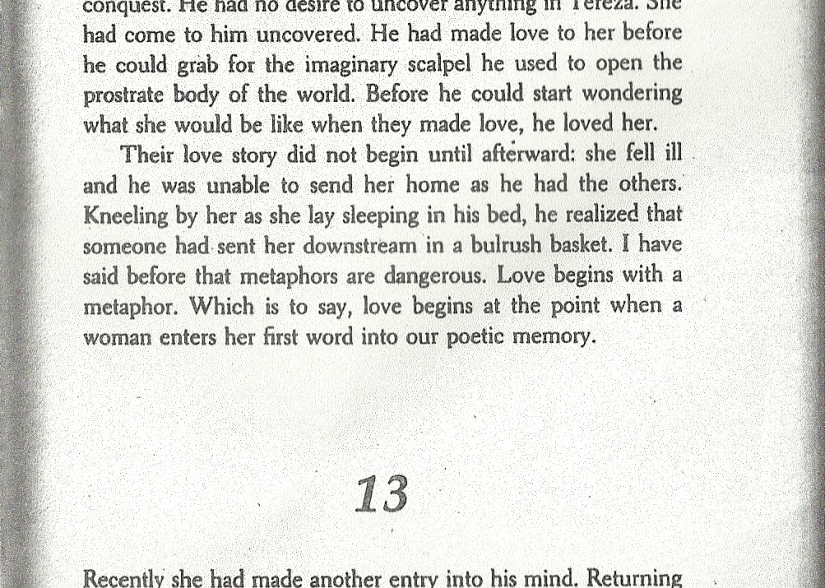Carl Jung may or may not have said “Life begins at 40,” but a great many people on the internet want to know if it’s true.
I’ll tell you tomorrow.
Just tell me something first: How will I know?
Where shall I look?
What color is a beginning?
Does it smell like Thin Mints?
Does it taste like the Mobil Station near the Woodcrest Shopping Center?
Can I buy two for one and carry them both wrapped up in a paper napkin and stuffed at the bottom of my yellow handbag?
Tell me something.
What makes you think life didn’t begin on the 5th floor of Thurston Hall or on the corner of Prince and Mott or behind the mess hall at Camp Comet?
What makes you think life didn’t begin when you tried on your first bra or learned the meaning of the word lesbian?
It’s possible life really began — if we’re being serious for a moment — the day you understood life on Earth has been destroyed by an asteroid at least four times and will certainly be destroyed by an asteroid again.
It’s entirely possible life began when Stephanie died or when Jodie died or even before them when you were a little girl afraid of the dark and Bruce died and then visited you in your bedroom sometimes at night.
Life begins sometimes in a bowl of fruit. It begins in a pile of leaves left behind last Fall. It begins in a creek bed hidden by shade.
It begins
It begins
It begins
And so, tomorrow, I’ll tell you if life begins at 40,
but only if you tell me first how I will know.




